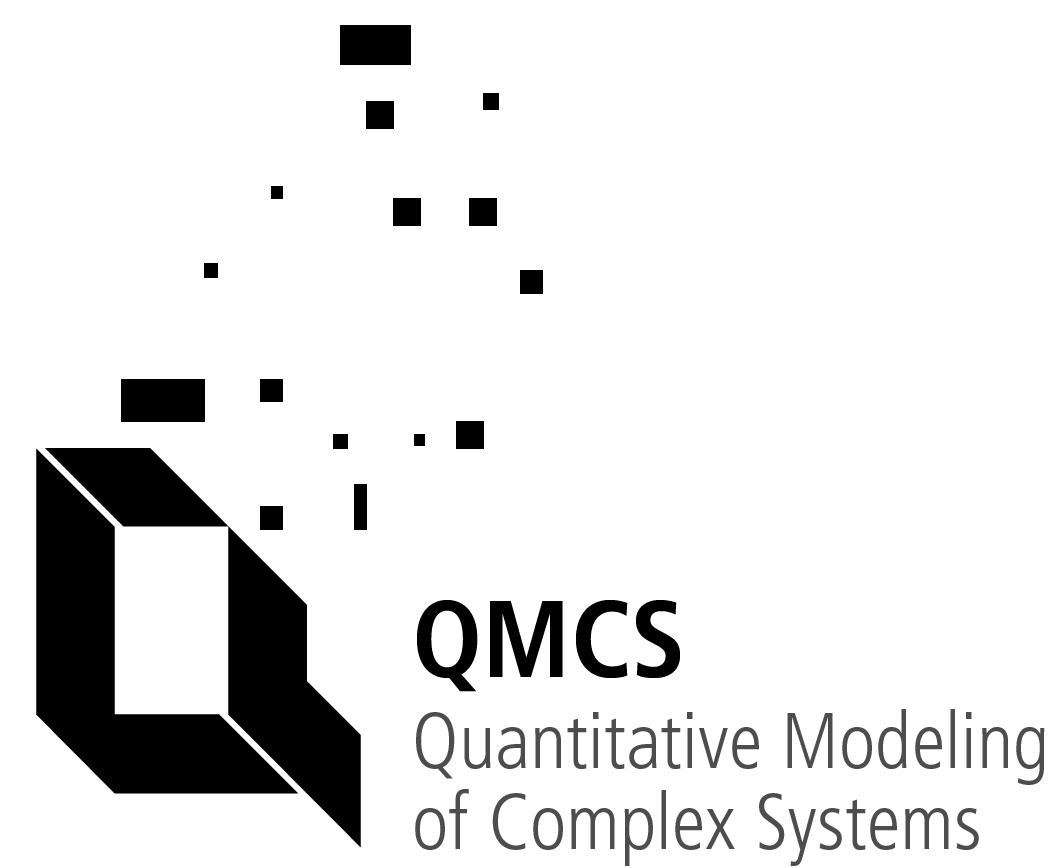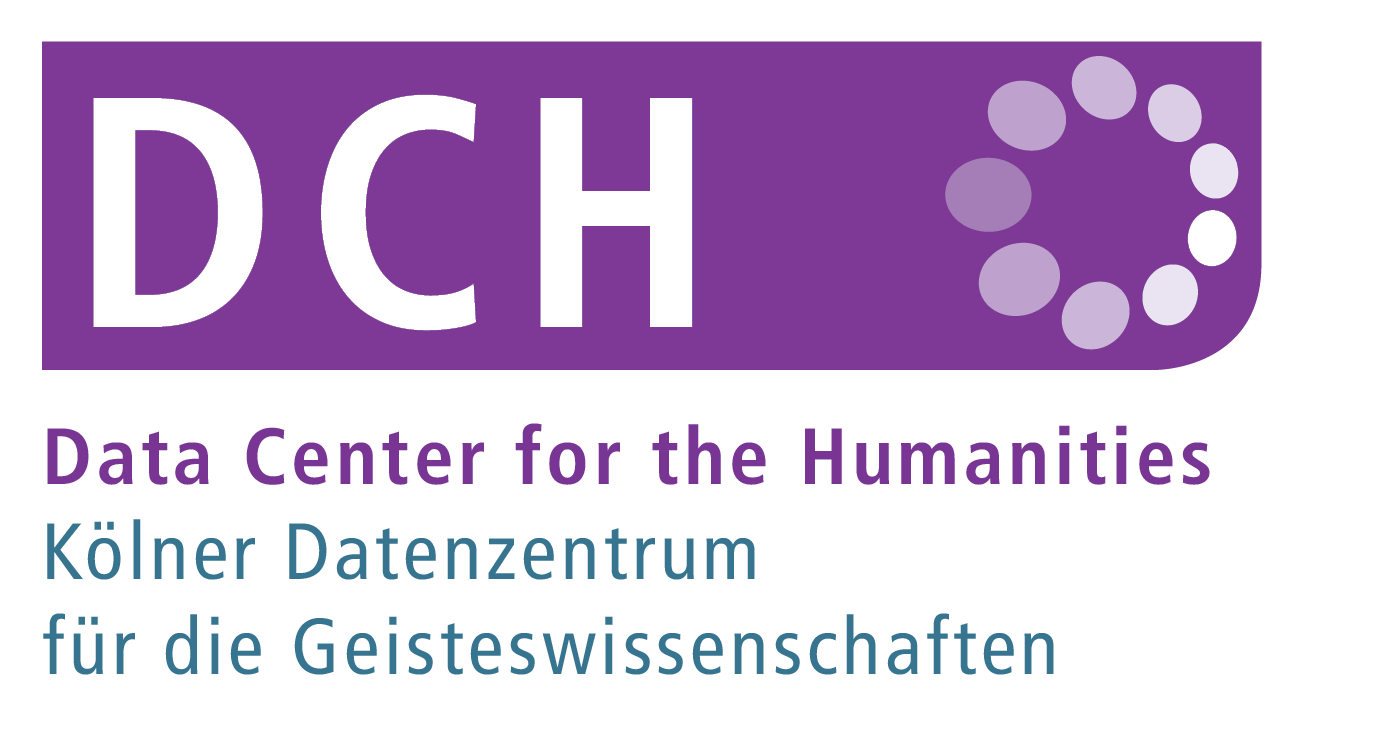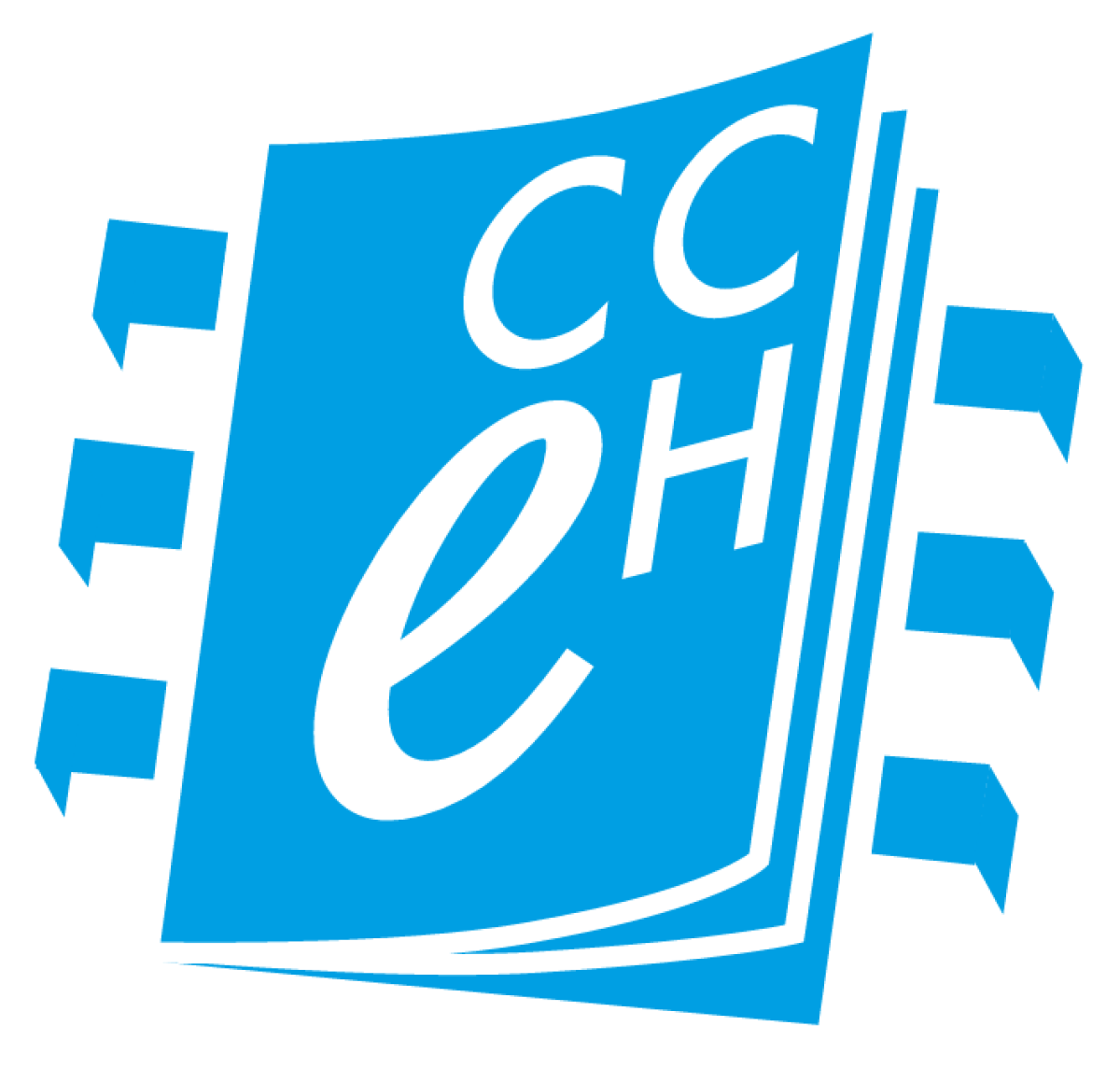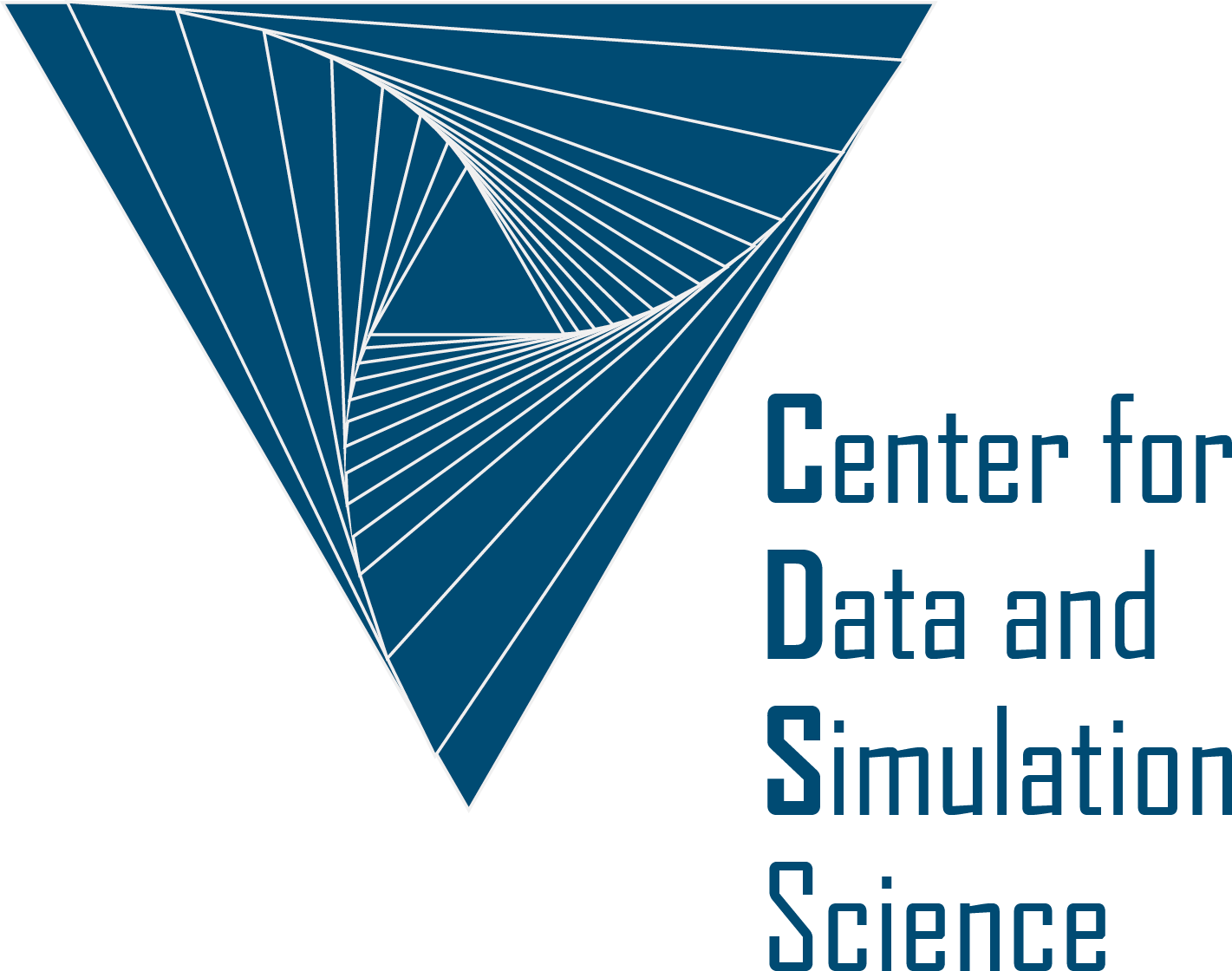summer school:
8 -11 Sept 2025
Large Language Models for Digital Humanities Research
summer school
The summer school „Large Language Models for Digital Humanities Research“ addresses students and doctoral candidates from Linguistics and Digital Humanities, as well as other fields that are involved with the application of LLMs for DH Research.
After an introductory workshop on LLMs and Prompt Engineering (Day 1+2), given by Christopher Pollin (Digital Humanities Craft OG), you take part in a more specialized workshop track (Day 3+4).
Participants can choose between four alternative workshop tracks:
1) „Large Language Models for Qualitative Data Analysis“, given by Sarah Oberbichler (Leibniz Institute of European History, Mainz)
2) „Deep Learning in the Computational Literary Studies“, given by Janis Pagel (University of Cologne)
3) „LLM-Supported Modeling, Operationalization, and Exploration for Digital Editions“, given by Christopher Pollin (Digital Humanities Craft OG)
4) “Using LLMs for Psycholinguistic Research”, given by Hanna Woloszyn, Job Schepens and Benjamin Gagl (University of Cologne)
Detailed abstracts can be viewed here.
Summer School Schedule
8-11 September 2025
Starting MON 08.09. at noon
Ending THU 11.09. at 4pm
The schedule and further information are available here
Venue:
Philosophikum, University of Cologne
Universitätsstraße 41, 50931 Köln.
Summer school Schedule
8-11 September 2025
Starting MON 08.09. at noon
Ending THU 11.09. at 3.30 pm
MON (8 Sep)
AM
welcome
Registration from 1pm (Foyer)
14:00-15:30
Welcome / Introduction to LLMs I (S56)
15:30-16:00
coffee break
16:00-17:30
Introduction to LLMs II (S56)
Tue (9 Sep)
09:00-10:30
Introduction to LLMs III (S56)
10:30-11:00
coffee break
11:00-12:30
Introduction to LLMs IV (S56)
12:30-14:00
lunch break
14:00-15:30
Introduction to LLMs V (S56)
15:30-16:00
coffee break
16:00-17:30
Introduction to LLMs VI (S56)
Wed (10 Sep)
09:00-10:30
Parallel Workshops I (S54-58)
10:30-11:00
coffee break
11:00-12:30
Parallel Workshops II (S54-58)
12:30-14:00
lunch break
14:00-15:30
Parallel Workshops III (S54-58)
15:30-16:00
coffee break
16:00-17:30
Parallel Workshops IV (S54-58)
19:00-22:00
Dinner at brewery
thu (11 Sep)
09:00-10:30
Parallel Workshops V (S54-58)
10:30-11:00
coffee break
11:00-12:30
Parallel Workshops VI (S54-58)
12:30-14:00
lunch break
14:00-15:30
Keynote
End-of-School Session (Foyer)
Venue:
The summer school takes place on site at the University of Cologne, in Building 103, “Philosophikum”.
Address: Universitätsstr. 41, 50931 Köln.
Floorplan available here
Organization
The school is funded by the University of Cologne’s Competence Area III
(CA3: Quantitative Modeling of Complex Systems) and organized in cooperation with the Center for Data and Simulation Science (CDS), the Department for Digital Humanities (IDH), the Cologne Center for eHumanities (CCeH), and the Data Center for the Humanities (DCH).
